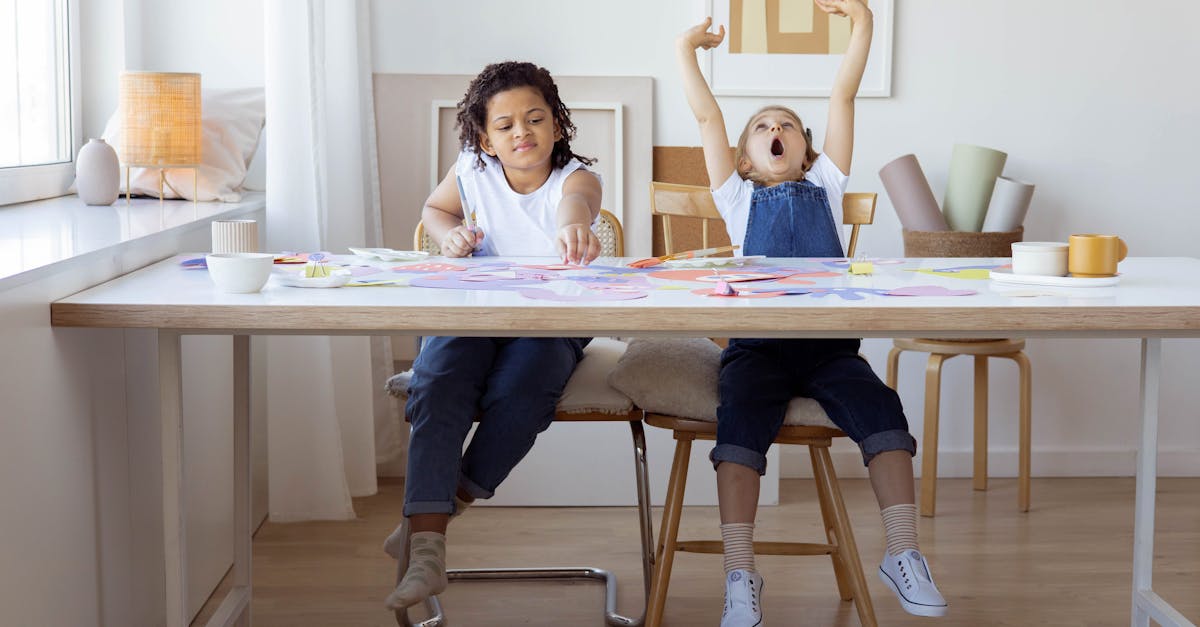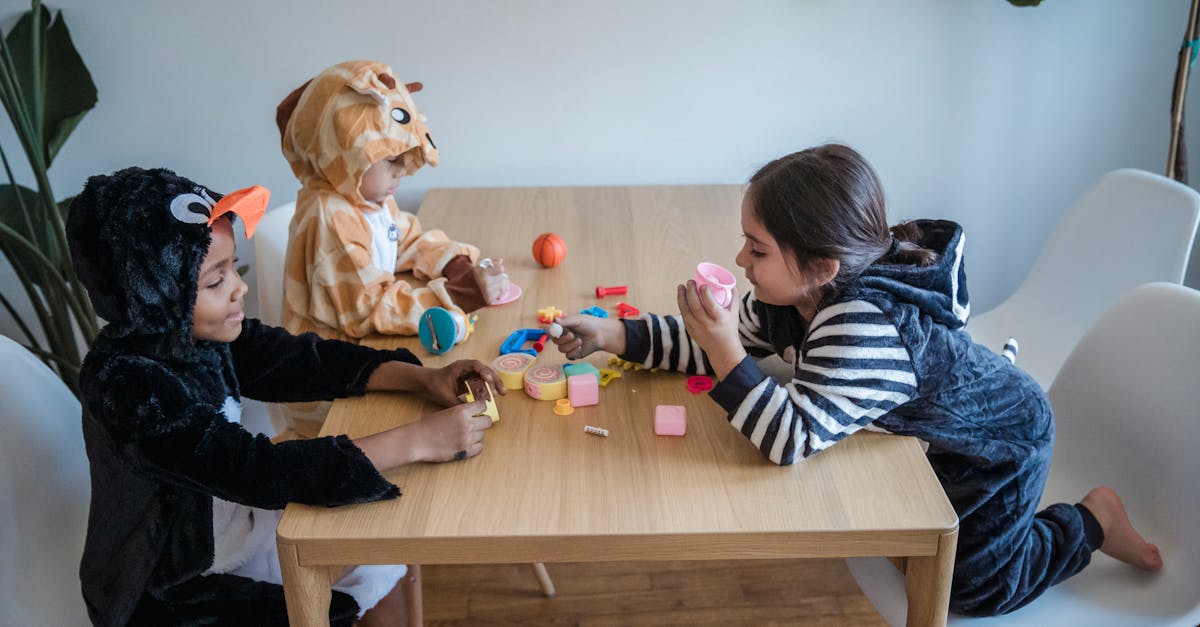Understanding Preschool Readiness
Is your toddler showing signs of independence? If so, they’re ready for preschool! Look out for cues like curiosity, the ability to follow simple instructions, and a desire to make friends.
Remember, every child develops at their own pace. It’s normal for some kids to take longer to adjust. You know your toddler best, so trust your instincts.
Above all, make this milestone a positive experience. Highlight the fun parts, like making friends and playing with new toys.

Creating a Daily Routine
Consistency is key for toddlers. Start a routine similar to the preschool schedule a few weeks before. This includes set times for:
- waking up
- meals
- naps
- bedtime
Include some learning activities, storytime, and outdoor play. This helps your child get used to what a school day will feel like. Don’t forget to include ‘down time’ too! Scheduling enough breaks is essential for avoiding meltdowns. Keep it fun and flexible – it’s all about easing into the new routine.

Visiting the Preschool Together
Familiarity reduces anxiety. Take your toddler to visit the preschool beforehand. Let them explore the classroom, meet the teachers, and even play with some toys. This can make the first day less intimidating. You could rehearse the preschool drop-off routine by driving to the location a few times. Also, reading books about starting preschool can spark conversations and alleviate fears. Make it a special outing and celebrate each step to build excitement.

Encouraging Social Skills
Social skills can ease the transition to preschool. Arrange playdates or attend group activities where your child can interact with peers. Practice sharing, taking turns, and basic communication. Role-playing scenarios like asking for help or introducing themselves can boost confidence. Highlight the importance of new friendships and resisting the urge to hover. Encourage independence, but be ready to step in if they’re struggling.

Handling Emotional Ups and Downs
It’s normal for toddlers to have mixed feelings about starting preschool. Address any fears by talking about their feelings and validating their emotions. Use simple and positive language to reassure them. Be patient and empathetic during meltdowns. Sometimes a favorite toy or comfort object can help. Consistently remind them that you will be there to pick them up. Share your experiences about starting new things to make them feel understood.

Packing Essentials for the First Day
Pack their bag the night before to reduce morning stress. Include essentials like extra clothes, snacks, a water bottle, and any comfort item they might need. Label everything with your child’s name to avoid mix-ups. A small family photo can offer comfort if they feel homesick. Don’t forget sunscreen and a hat if they have outdoor time. Keep the bag light and easy for them to carry. Making a checklist can ensure you don’t forget anything important.
